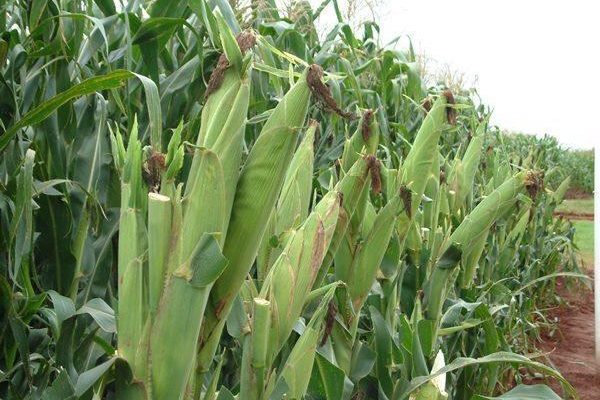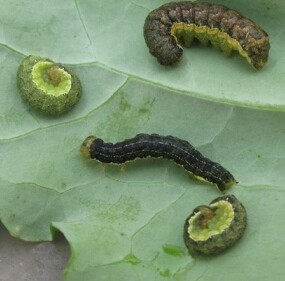

Civil Society Agriculture Network (Cisanet) has called on government to invest in research for resistant varieties of maize in order to deal with armyworms which have destroyed maize in parts of the country.
This is coming at a time when over 20000ha of maize has been destroyed in Mzimba alone and the problem is also affecting farmers in lakeshore areas.
Speaking to Malawi24, Cisanet Executive Director Tamani Nkhono Mvula said there is need to go for genetically modified crops to deal with the pests.
“There is need to think very seriously to invest much in research for resistant varieties of maize for such pests,” said Nkhono Mvula.
He added that government must develop strong partnership with its neighbouring countries to manage such pest.
According to Nkhono Mvula, when Cisanet heard reports that armyworms have hit Zambia, they cautioned government to be on guard and prepare for the worse.

“We knew that this problem may also appear in Malawi and we were told that people should not panic because the situation was under control,” he said.
Nkhono Mvula also expressed sadness over the amount of maize that has been destroyed in the country.
”I personally visited some fields over the weekend in Salima, all I can say is that something has to be done and be done now,” said Nkhono Mvula.
The Cisanet Executive Director further said that a lot of crops have been destroyed and there is need for government and non-governmental organization to start preparing now to support affected farmers with inputs for winter cropping.
“We are calling on government to increase the risk management for the agriculture sector because with climate change there will be an increase in these disasters,” said Nkhono Mvula.
According to Nkhono Mvula, the organisation’s records show that the money that was meant for winter cropping in the national budget has not yet been used hence government can allocate the resources to fighting the pest.
He further said that extension workers should have knowledge on how they can handle emergencies of this nature and how they can teach farmers to prepare and treat the crops once such challenges arise.
Meanwhile, Malawi is expected to produce 3,220,712 metric tonnes of maize which is 35.9% higher than the 2015/16 final round estimated at 2,369,493 metric tonnes.
The 2015/16 farming year was deemed to be a bad year as farmers got low yields a development that led to hunger in the country.














